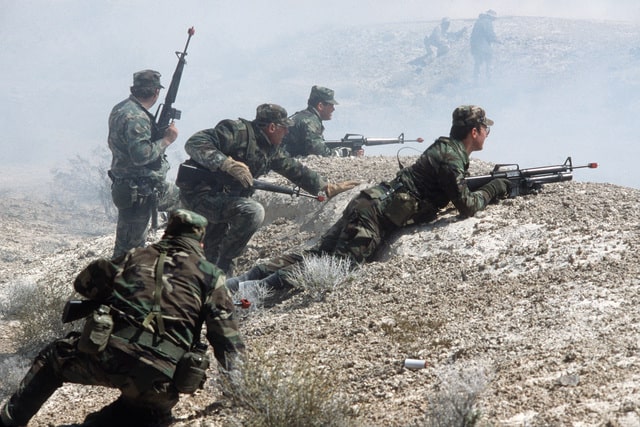After cutting off supplies to the Armenian enclave of Nagorno-Karabakh (population 120,000) for nine months, Azerbaijani forces went on the attack on 18 September. After killing more than 200 people, Azerbaijan obtained the surrender of the small local Armenian army.
This use of force was a violation of the tripartite ceasefire agreements of 10 November 2020, signed by the leaders of Azerbaijan, Armenia and Russia. But neither Armenia (whose army was defeated by Azerbaijan in autumn 2020) nor Russia (the historic protector of the Armenians in the Caucasus) intervened militarily to save Nagorno-Karabakh.
Armenian Prime Minister Pachinian felt that to save Armenia he had no choice but to sacrifice his sister enclave. As for Putin, he cynically favoured maintaining his good relations with Azerbaijan and Turkey, infinitely more powerful in the Caucasus than poor Armenia.
The inhabitants of the mountainous enclave are fleeing en masse to neighbouring Armenia. They believe that the loss of their political autonomy will inevitably lead to persecution, if not pogroms. This is how a territory that has been Christian since the 5th century is going to be wiped off the map of Christianity, to the indifference or crocodile tears of Westerners.
A BBC investigation has shown that a church in the part of Nagorno-Karabakh taken by Azerbaijan in autumn 2020 has been completely razed to the ground. The Baku government’s strategy is to erase all traces of the Armenian presence in the territories it is taking back by force.
One might have hoped that President Alyev would have been magnanimous after his resounding victory in 2020. In international politics, it’s when you’re strong that you have to make concessions. But instead of reaching out to the weakened Armenians, he preferred the logic of revenge and humiliation.
This conflict is very unequal. Armenia is a poor, landlocked country of two and a half million people. Azerbaijan has four times the population and is ten times richer thanks to its oil and gas. It enjoys the military and political support of the Turks (85 million inhabitants) and a long-standing friendship with the Israelis, who have observation bases on its territory overlooking Iran.
It has international law on its side, insofar as Nagorno-Karabakh was part of its territory during the Soviet period. When the Soviet Union collapsed in 1991, the borders of its constituent republics remained unchanged.
The Armenians of Nagorno-Karabakh had only the old Wilsonian principle of “the right of peoples to self-determination” to fall back on. This is a principle of variable geometry, invoked by the West solely according to their interests at the time, as in their 1999 war with Serbia, to help the Kosovar secessionists.
It is to be feared that, in the name of Panturanism, the Azerbaijanis and Turks will soon be seeking to go even further. They have their sights set on Siunik, the mountainous region in southern Armenia bordering Iran. They want to create a direct land corridor between Turkey, Nakhichevan (a western enclave of Azerbaijan, once half-populated by Armenians), Azerbaijan and the Turkic-speaking former Soviet republics of Central Asia.
If tomorrow Armenia’s territorial integrity were attacked by Azerbaijan and Turkey (which has still not recognised the Armenian genocide of 1915), how would the West react? Would they let it happen, just as they let Turkey seize the north of the island of Cyprus in the summer of 1974?
Would they apply the same sanctions to potential aggressors as they did to Russian aggressors in Ukraine? Would they deliver the same modern weapons to Armenia as they did to Ukraine?
Western indifference to the fate of Eastern Christians is, alas, a long-standing sentiment. It is akin to self-denial, but it persists. In 1975, France and America abandoned the Christians of Lebanon, who were being attacked by the Palestinians.
In 2003, the very Christian President Bush decided to invade Iraq in the name of defending human rights. What followed was not democracy but chaos, driving into exile four-fifths of one of the oldest Christian communities in the East.
Immersed in their consumerist ideology, forgetting their history, Westerners hardly see themselves as Christians any more. But that’s how their enemies see them, who rejoice every time an ancient Christian land is wiped off the map.
This article was first published in le Figaro.





